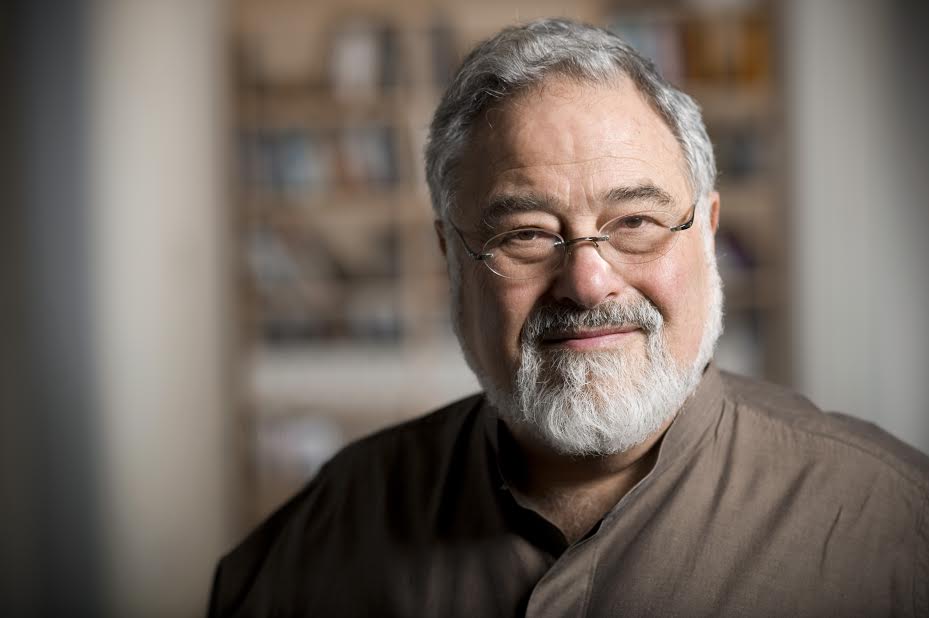My (News Media) Lesson Regarding TWA Flight 800
On July 17, 1996, I was walking through downtown St. Louis when a reporter from a local TV newscast approached me. Her cameraman aimed his camera straight at me. In a loud voice, she asked, “What is your reaction to the fact that terrorists have shot down a TWA passenger plane over Long Island?”
My response to her: “How do we know that terrorists were involved? What is the evidence of that?”
Instead of answering me, the reporter and the cameraman walked away from me and started walking up to another person nearby. As we now know, no terrorists were involved. A short circuit caused fuel vapor in the center fuel tank to explode.
The news media is the only profession mentioned in the Constitution. When news media is done well, it is the lifeblood of democracy as well as our prime method for shedding light on government ineptitude and wrongdoing. Done badly, however, it amounts to what I have often termed “conflict pornography,” attempts to stir up anger through any means in order to sell commercials.
That TWA incident was my front row seat to seeing hack journalism in action. That “news” station knew that it would be financially valuable theater to provoke me blurt out some form of bigotry toward people from the Middle East, even if my outburst weren’t based on accurate information. Financial incentives and bigotry are two of the many ways for warping conversations, for making the exchange of words worse than useless. Today’s news is often distorted beyond recognition by the prominent ideologies of the day. Today’s “news” consumers can reliably choose the kinds of “facts” they want to hear by choosing particular news outlets.
Those of us who are conscientious consumers of the news media are in a difficult spot. Every news report comes from a point of view, but it’s often difficult to figure out what point of view is driving that news report. Whenever we consume a “news” report uncritically, it is the news equivalent of chomping down junk food. The more we do either of these things the less healthy we are.
I have studied journalism for years, including attending multiple conventions sponsored by a non-profit organization called Free Press. I have seen in detail that our news media is hit and miss, giving us some valuable news by heroic reporters, but also publishing shlock. How can most of us tell the difference? Many people set dangerous default when sizing up the industry, declaring that all news is fake news, which is a terrible position to take, though I can understand the frustration. Fuel on this fire is the fact that there are now four times as many PR specialists as news reporters (see the 4-minute video where I interviewed John Nichols of The Nation on this point. Things have gotten dramatically worse since this interview). Truly, how can a consumer of “news” know what to believe? It is difficult to know where to start.
One problem is the most people insist on getting free quality news. That’s weird, because we expect to pay for most other important things. We never go into the grocery store expecting free food, for instance. I’d suggest that each of us think about paying for those news sources you consider thoughtful and accurate. Many of the best sources are facing financially precarious times and they need you. It’s never fun to pay the money, of course, but it feels great in the long run to know that you are a partner to quality journalism. I currently support about ten magazines and newspapers.
Another thing on my wish list is that the news media needs to report much more often on the accuracy of the news media. We need a lot more information, based on careful analysis, about what factual claims made by the various news outlets are accurate. We need more news about the news. I know this sounds like a big task, but I have studied many ways to approach this. Journalism schools could be at the forefront of this movement. In this time of COVID-19, the stakes, including who lives and who dies, could not be higher.



